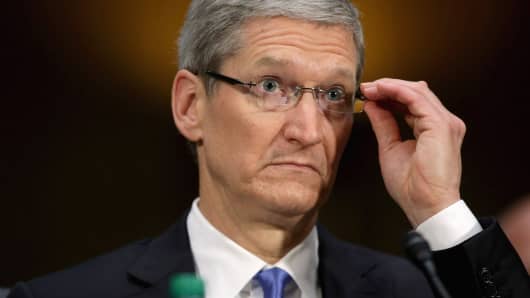If you read the popular press today, you'd think that people are about to march on Silicon Valley and Washington D.C., with pitchforks, demanding that legislators pass laws that restrict big tech from destroying the world.
The New York Times is publishing op-eds with gobsmacked titles like "Silicon Valley is Not Your Friend," in which the author argues tech companies are about to "smash the foundations of our society," while its columnist Farhad Manjoo frequently invokes the "Frightful Five" — the five biggest tech companies by market cap, Apple, Alphabet (formerly Google), Amazon, Facebook, and Microsoft.
Meanwhile, congressional committees are calling Facebook and Google to testify about how Russia bought advertisements seeking to influence the 2016 presidential election. Tech is being blamed for everything from spreading fake news to making teenagers miserable.
But the public still loves these companies.
As Wired reported on Thursday, public sentiment towards these so-called scourges hasn't wavered at all in the past year, according to multiple polls. According to Morning Consult, Wired reports, 88 percent of respondents view Google favorably, with slightly lower numbers for Amazon (72 percent) and Facebook (60 percent).
What gives?
The campaign against big tech isn't resonating, because it's based on false premises that most people see right through.



